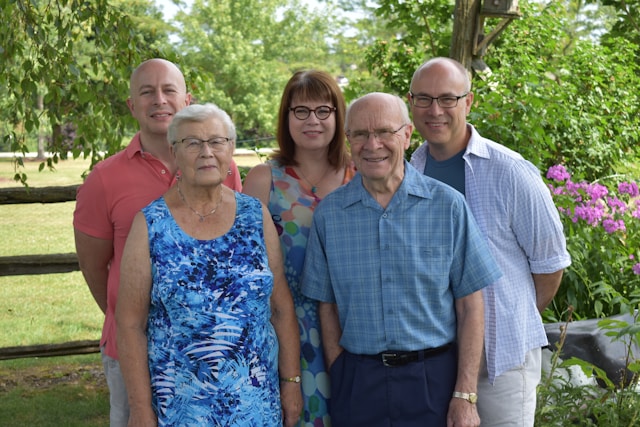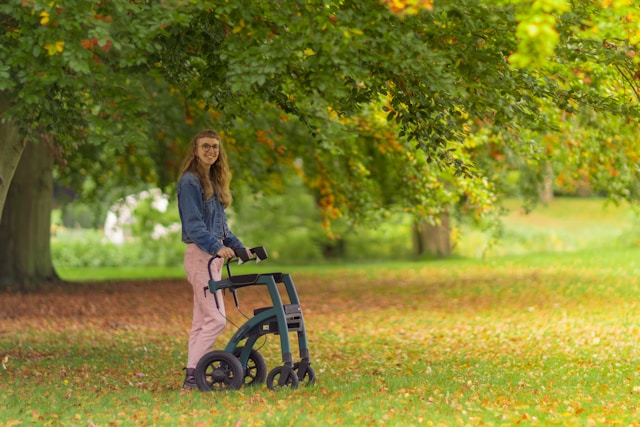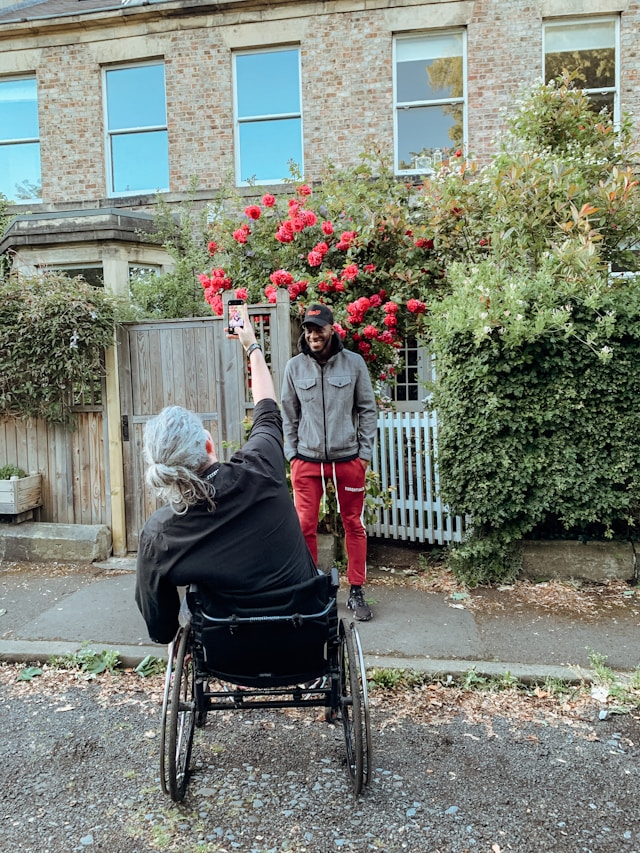
Motor Neurone Disease: Is It Hereditary?
Motor Neurone Disease (MND) is a rare, progressive neurodegenerative condition that causes muscle weakness and wasting due to the gradual loss of motor neurons in the brain and spinal cord. In some countries, particularly the United States, it is also known as Amyotrophic Lateral Sclerosis (ALS). While the exact cause remains unknown, research suggests a combination of genetic and environmental factors may contribute to its development. For a minority of people, a family history of the disease indicates a genetic predisposition. Ongoing research is focused on identifying new genetic mutations and developing more effective treatments for MND.
There is an important distinction between familial and sporadic MND. Familial MND is associated with a clear genetic basis, often due to inherited MND caused by a genetic mutation in a faulty gene. About 5–10% of cases are inherited due to genetic mutations passed down through families. The vast majority of MND cases occur with no known family history or identifiable genetic cause; this is known as Sporadic MND. Research is ongoing to better understand the environmental and lifestyle factors that may contribute to Sporadic MND.
The absolute lifetime risk of developing MND is very low, even for those with a family history. However, individuals with certain genetic mutations may have an increased risk, though other factors such as environmental exposures and age also play a significant role. Many neurological diseases, including MND, result from a combination of genetic factors and other factors, rather than a single major lifestyle factor. The process to develop MND or developing MND is multifactorial, involving both genetic and non-genetic influences, and MND developing is not due to a single cause. For most people, an individual developing MND is a rare, isolated event, and MND hereditary and MND-related genetic mutation remain areas of active and evolving research.
Types of Motor Neurone Disease (MND)
Motor Neurone Disease (MND) is not a single condition, but an umbrella term for a group of related neurodegenerative disorders. Each type affects different nerve cells and muscle groups, resulting in varying symptoms and progression rates. Understanding these distinctions is vital for accurate diagnosis, effective care planning, and supporting those living with the disease.
1. Amyotrophic Lateral Sclerosis (ALS)
Amyotrophic Lateral Sclerosis (ALS) is the most common and well-known form of MND, accounting for around 80–85% of all cases in the UK (MND Association, 2024). ALS typically affects both upper and lower motor neurones, leading to:
Progressive muscle weakness and wasting (atrophy)
Loss of coordination and dexterity, especially in the hands and feet
Difficulty with speech, swallowing, and, eventually, breathing
ALS often starts in the limbs (limb-onset) or, less commonly, with speech and swallowing difficulties (bulbar-onset). The disease usually progresses rapidly, and most people with ALS will require increasing levels of support over time.
2. Progressive Bulbar Palsy (PBP)
Progressive Bulbar Palsy (PBP) primarily affects the motor neurones controlling the muscles of the face, throat, and tongue. Key features include:
Slurred or nasal speech (dysarthria)
Difficulty swallowing (dysphagia)
Weakness in facial muscles
PBP accounts for about 20% of MND cases. Although it can occur as a distinct form, it often overlaps with ALS as the disease progresses. Early involvement of speech and language therapists is crucial for managing communication and swallowing difficulties (NHS, 2024).
3. Primary Lateral Sclerosis (PLS)
Primary Lateral Sclerosis (PLS) is a rare form of MND, affecting only the upper motor neurones. The main symptoms are:
Progressive muscle stiffness (spasticity)
Weakness, usually starting in the legs
Slowed movements and difficulty with balance
PLS tends to progress more slowly than ALS and does not usually affect life expectancy to the same extent. However, it can have a significant impact on mobility and independence.
4. Progressive Muscular Atrophy (PMA)
Progressive Muscular Atrophy (PMA) is another rare variant, affecting mainly the lower motor neurones. Symptoms include:
Gradual muscle wasting and weakness, usually starting in the hands or legs
Muscle cramps and twitching (fasciculations)
PMA progresses more slowly than ALS but can eventually develop into ALS in some cases.
Why Understanding the Type Matters
Accurate identification of the type of MND is crucial for several reasons:
Tailored Care: Different forms may require specific interventions and therapies.
Prognosis: Progression rates and life expectancy can vary widely between types.
Genetic Counselling: For those with familial MND, genetic testing and counselling can provide important information for family members.
If you or a loved one is experiencing symptoms suggestive of MND, early referral to a neurologist and access to a multidisciplinary team are essential for timely diagnosis and management.
Early Symptoms of Motor Neurone Disease (MND)
The early symptoms of Motor Neurone Disease (MND) can be quite subtle and often develop gradually, which makes them easy to overlook or confuse with other, less serious conditions. This is one of the reasons why getting a diagnosis can sometimes take time. In the beginning, people may notice a slight weakness in their hands or feet. For example, they might find it harder to grip objects, button a shirt, or climb stairs. These changes are often mild at first and may be put down to normal ageing, tiredness, or even minor injuries.
Another common early sign of MND is muscle twitching, also known as fasciculations. This can feel like small, involuntary movements under the skin, and is sometimes accompanied by muscle cramps. These symptoms may come and go, or they might become more noticeable over time. Muscle wasting, where the muscles gradually become thinner and weaker, can also develop in the early stages, but it is often subtle at first.
Speech and language difficulties can be another early indication of MND. Some people notice that their speech becomes slurred or quieter, or that they have trouble finding the right words. Swallowing may also become more difficult, leading to coughing or choking when eating or drinking. These problems can be particularly distressing and may affect a person’s confidence in social situations.
Because these early symptoms are not unique to MND and can be caused by a range of other health issues, it is important to seek medical advice if you notice persistent muscle weakness, twitching, or changes in speech or swallowing. Early diagnosis is crucial, as it allows for better planning, access to specialist care, and the possibility of starting treatments or therapies that may help slow the progression of the disease.
Doctors use a combination of clinical assessment, specialist tests, and sometimes genetic testing to confirm a diagnosis of MND and to rule out other conditions that can cause similar symptoms. This thorough approach helps ensure that people get the right support as soon as possible, which can make a significant difference to their quality of life and future care.

Living with MND
Living with Motor Neurone Disease (MND) brings a range of physical, emotional, and practical challenges, but with the right support and resources, many people can maintain their independence and quality of life for as long as possible. The journey with MND is different for everyone, so care and support must be tailored to each person's needs, preferences, and circumstances.
A personalised care plan is central to managing life with MND. This plan should be developed in partnership with the person living with MND, their family, and a multidisciplinary team of health and social care professionals. The plan takes into account not only medical needs but also personal wishes, family circumstances, cultural background, and social and financial factors. It is a living document that should be regularly reviewed and updated as needs change. A key worker, such as a specialist nurse or a family member, often coordinates this care, ensuring that everyone involved is working together to provide the best possible support.
Therapies play a vital role in helping people with MND manage their symptoms and maintain their abilities. Physiotherapists can help with movement, flexibility, and muscle strength, offering tailored exercises and advice to reduce stiffness and prevent falls. Speech and language therapists support people experiencing changes in speech or swallowing, suggesting strategies, communication aids, or dietary adjustments to make life easier. Occupational therapists are experts in adapting daily routines and the home environment, recommending equipment and modifications, such as ramps, grab rails, or specialist seating, to improve safety, accessibility, and comfort.
As MND progresses, assistive devices become increasingly important. These might include mobility aids like wheelchairs, communication devices for those with speech difficulties, or specialised cutlery and technology to help with eating, reading, or using a computer. Home adaptations, such as stairlifts or accessible bathrooms, can make a significant difference to independence and safety. The timely provision of these aids is crucial, and occupational therapists are often instrumental in arranging them at the right time.
Emotional and psychological support is another essential part of living with MND. The diagnosis and progression of the disease can be overwhelming, not just for the individual but for their family and carers as well. Access to counselling, support groups, and online forums can provide comfort, practical advice, and a sense of community. The MND Association, MND Scotland, and local support groups offer regular meetings, helplines, and resources for both patients and their loved ones. NICE guidelines recommend that emotional support should be available to everyone affected by MND, with referrals to counselling or psychological services if needed.
Practical support is also available in the form of financial grants, benefits advice, and respite care. The MND Association offers grants to help with the cost of equipment, home adaptations, or even to improve quality of life. Their Benefits Advice Service can help families navigate the benefits system and claim the support they are entitled to.
Daily life with MND can still include enjoyable activities and hobbies, adapted as needed to suit changing abilities. Whether it’s reading with the help of an e-reader, listening to audiobooks, or continuing to participate in social groups and hobbies, maintaining interests is important for wellbeing. Carers and support workers can help find creative ways to adapt activities and keep life as fulfilling as possible.
Ongoing research continues to explore the impact of MND on daily life, aiming to develop new strategies, treatments, and technologies to further improve quality of life for those affected. Staying connected with organisations like the MND Association ensures access to the latest information, resources, and opportunities to participate in research and clinical trials1.
Living with MND is challenging, but with a well-coordinated care plan, access to therapies, timely provision of equipment, emotional support, and practical help, people with MND and their families can face the future with greater confidence and support.


Living Well with MND
Motor Neurone Disease is a complex and life-changing condition, but understanding its types, symptoms, and the support available can make a real difference for those affected. With the right combination of personalised care, therapies, and emotional support, people living with MND can maintain dignity, independence, and quality of life for as long as possible. Ongoing research and the dedication of care teams, charities, and families continue to offer hope and practical help. If you or someone you know is facing MND, remember that you are not alone—support, information, and community are always available through organisations like the MND Association and NHS services. If you are considering in-person support with MND please get in touch, we're always happy to organise an informal visit to Dee View Court Neurological Care Centre to discuss how we might support you or your loved one.
References:
MND Association. (2025). Types of MND. https://www.mndassociation.org/
MND Scotland. (2025) https://mndscotland.org.uk/
NHS. (2025). Motor neurone disease. https://www.nhs.uk/conditions/motor-neurone-disease/
National Institute for Health and Care Excellence (NICE). (2024). Motor neurone disease: assessment and management. https://www.nice.org.uk/guidance/ng42
